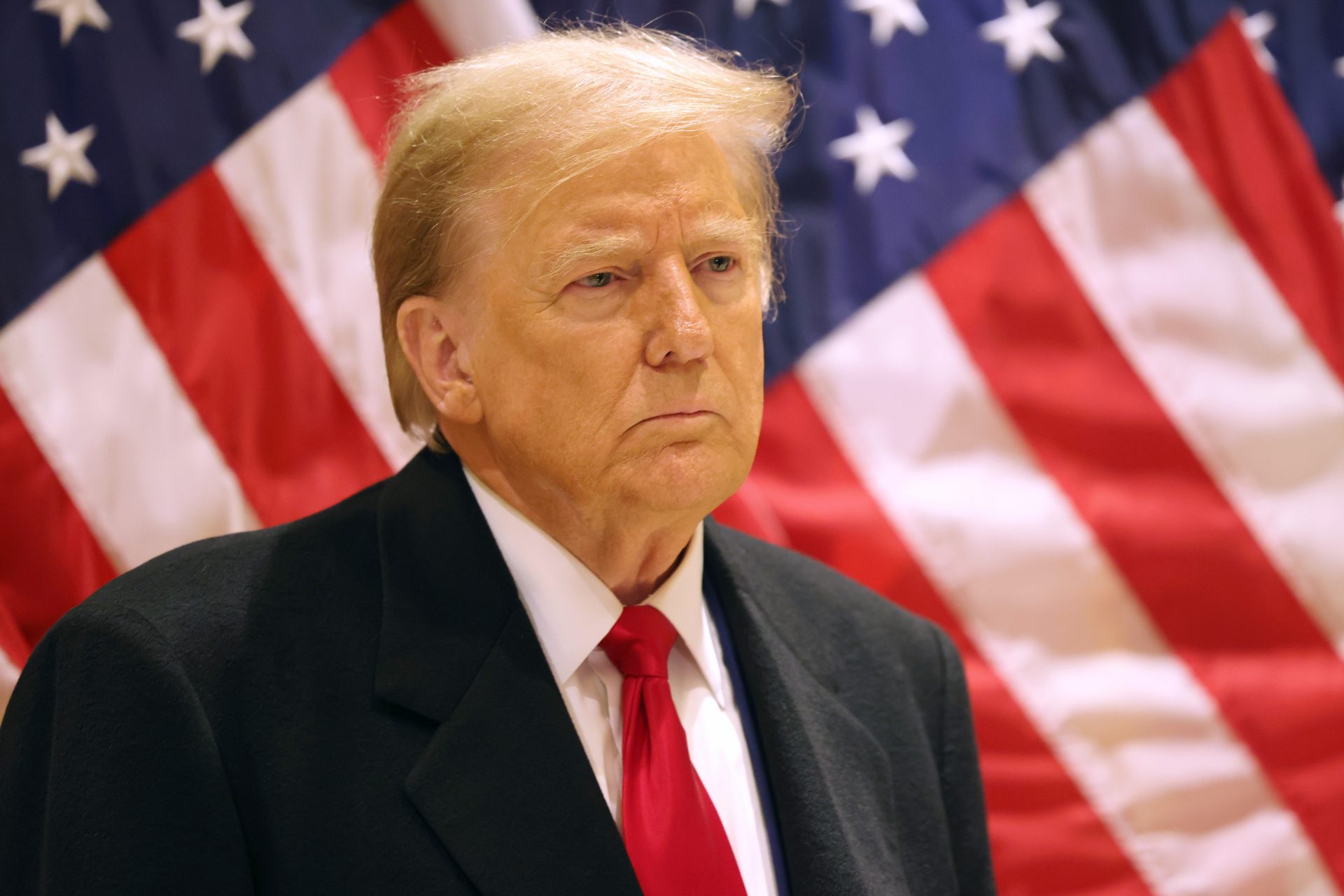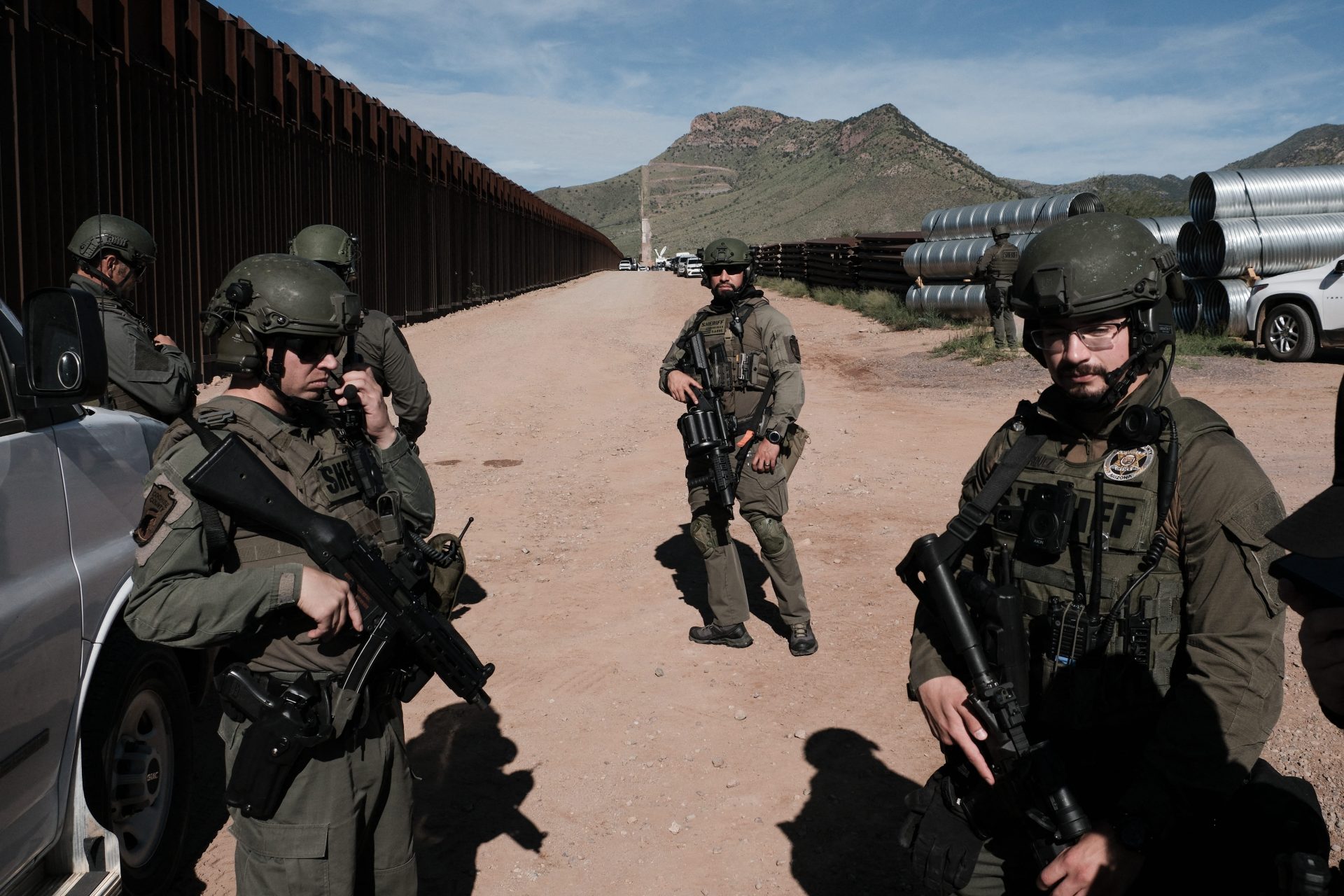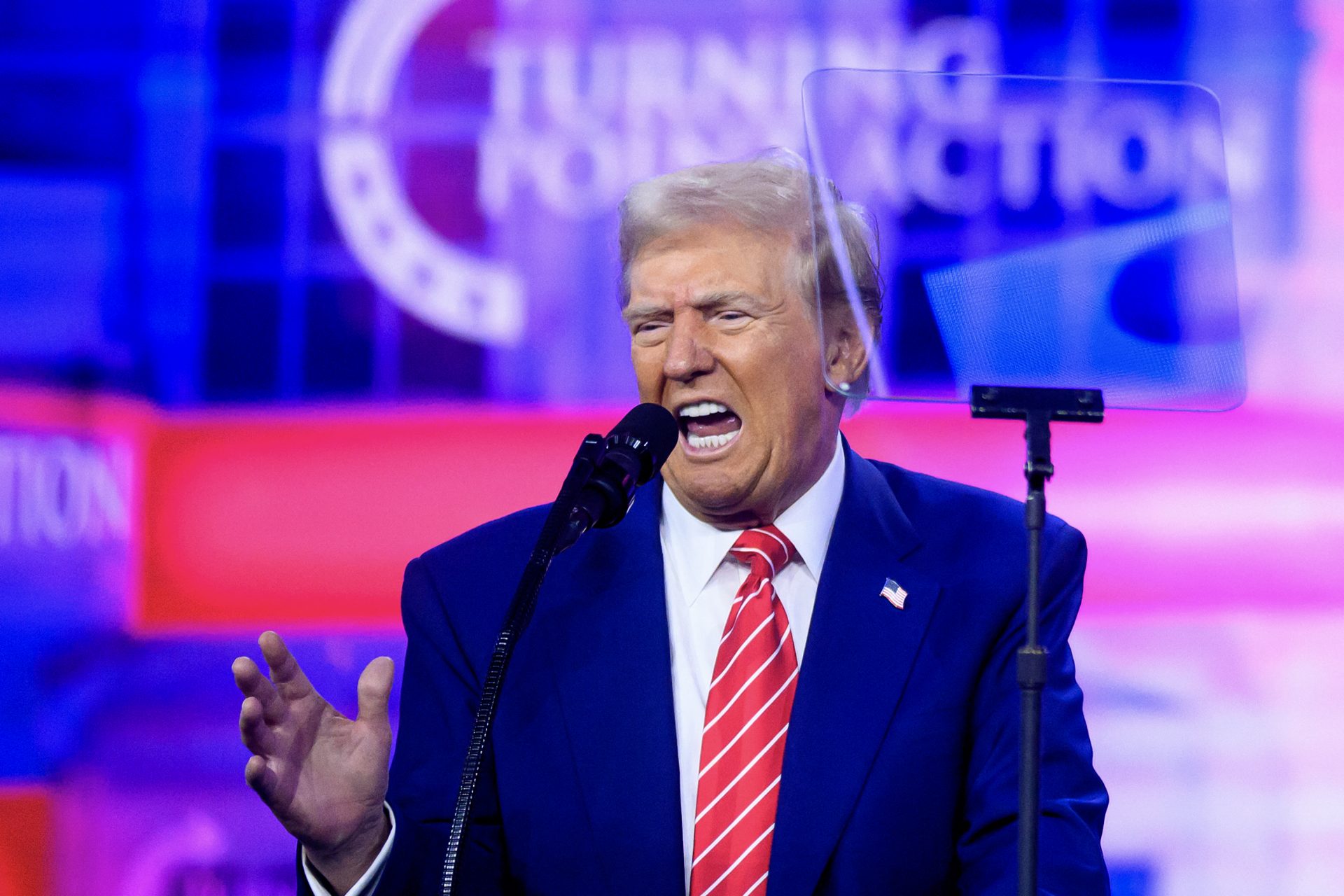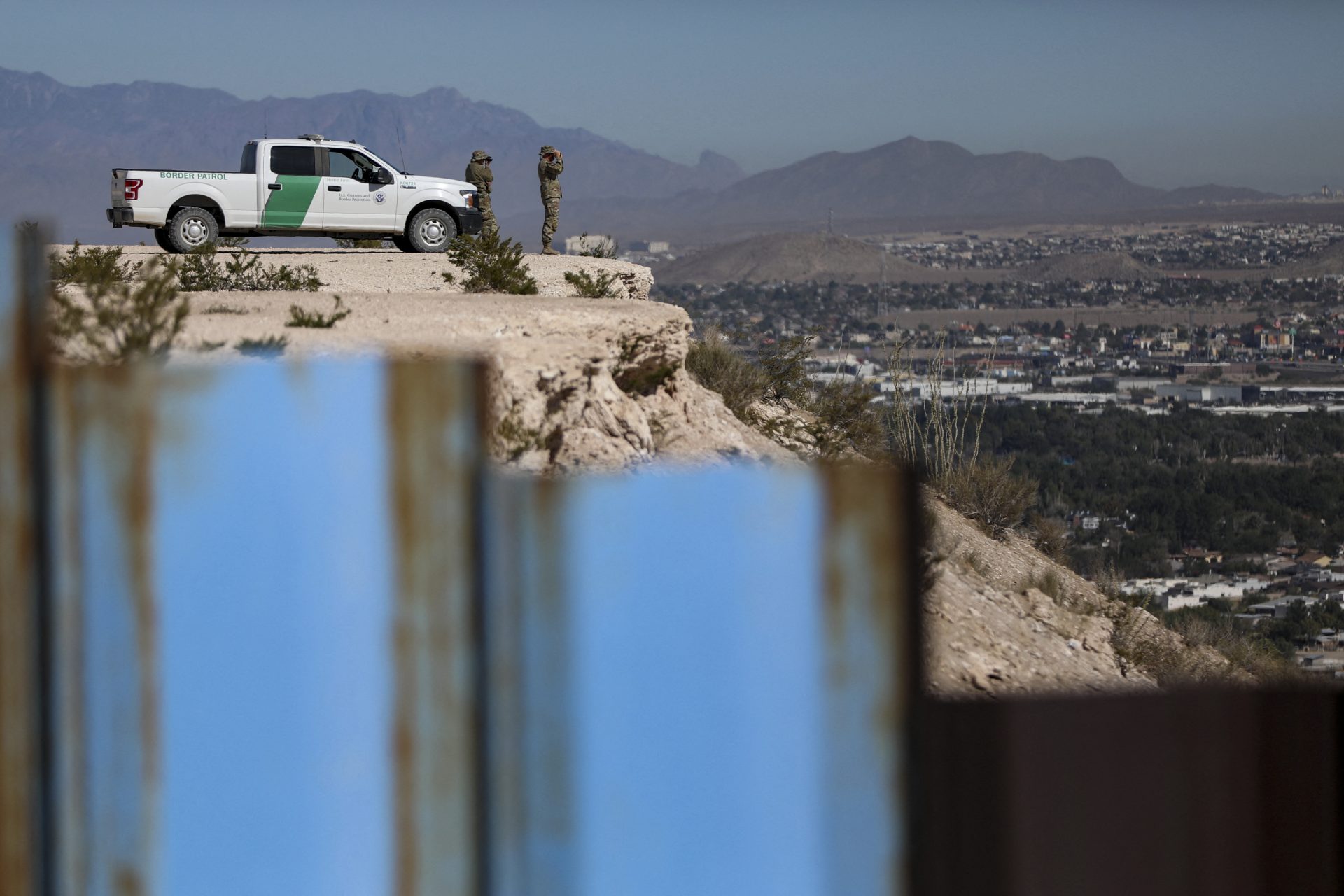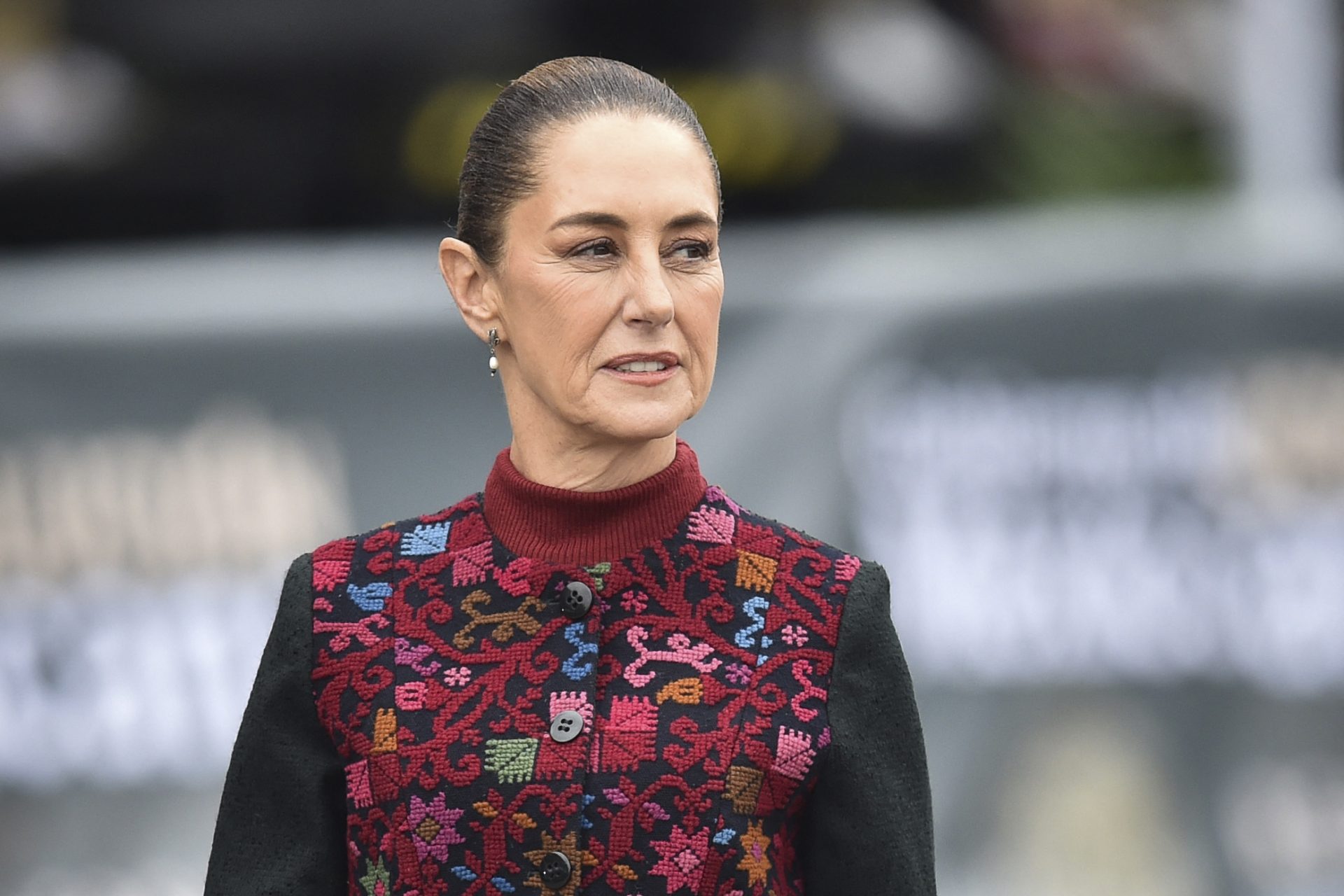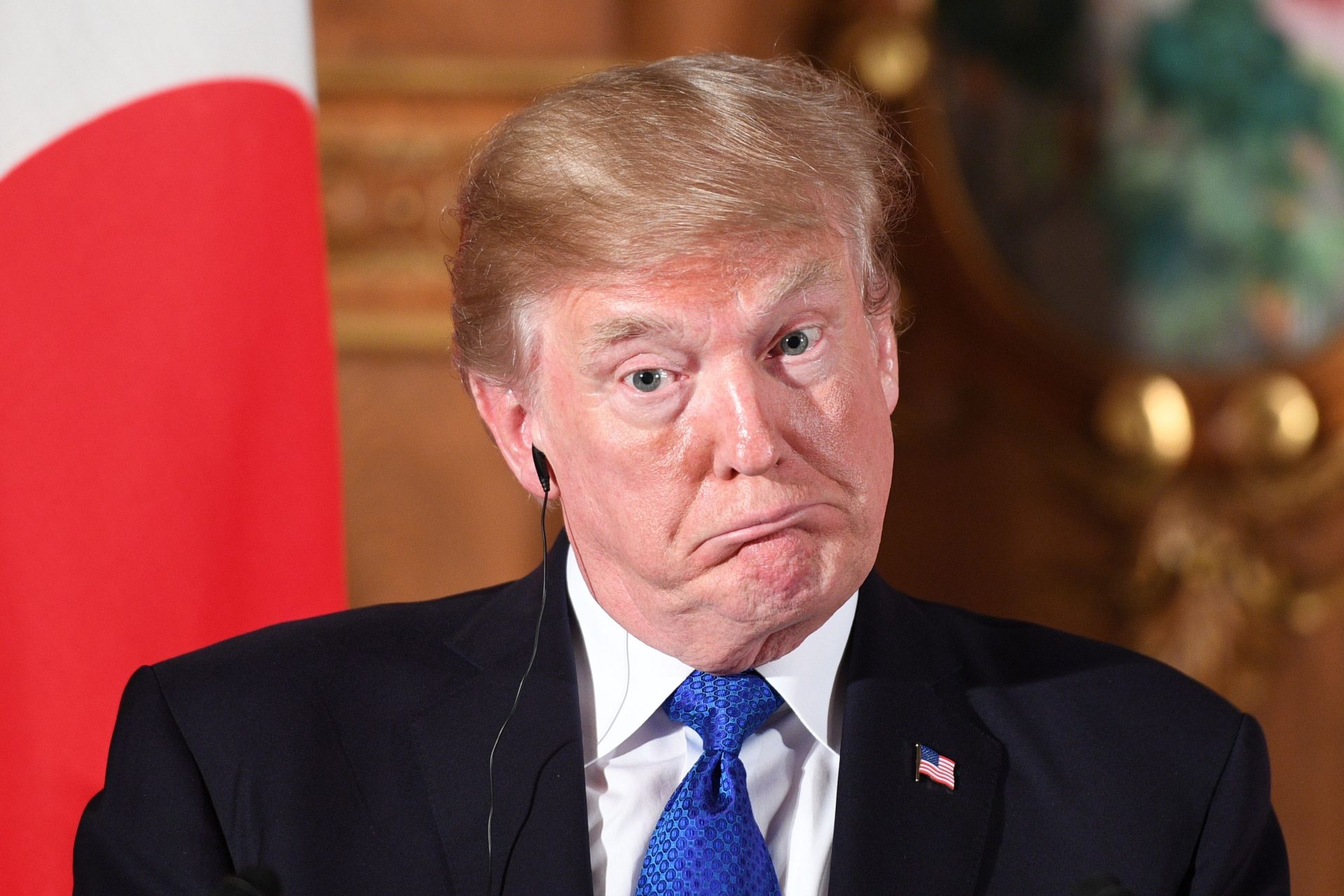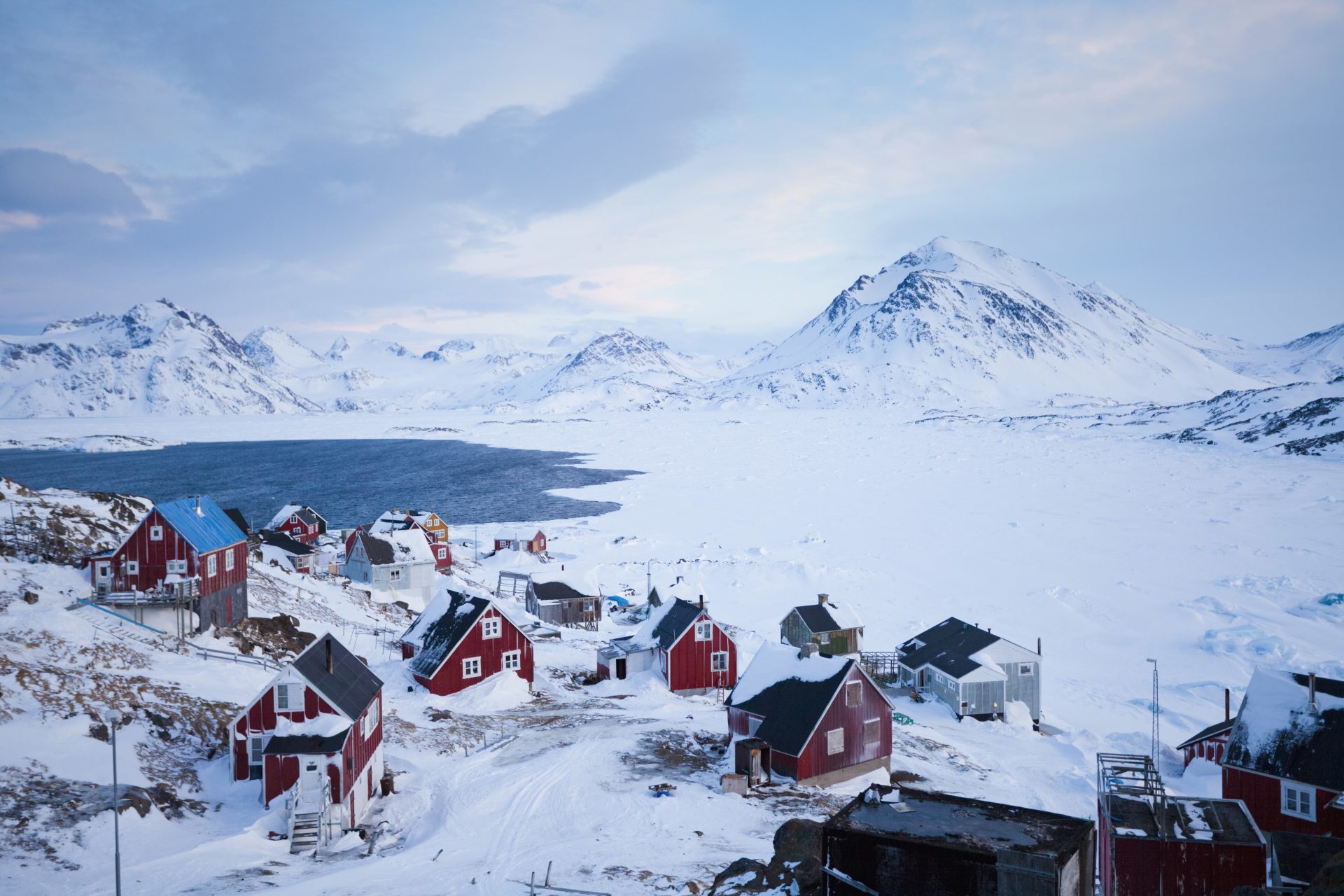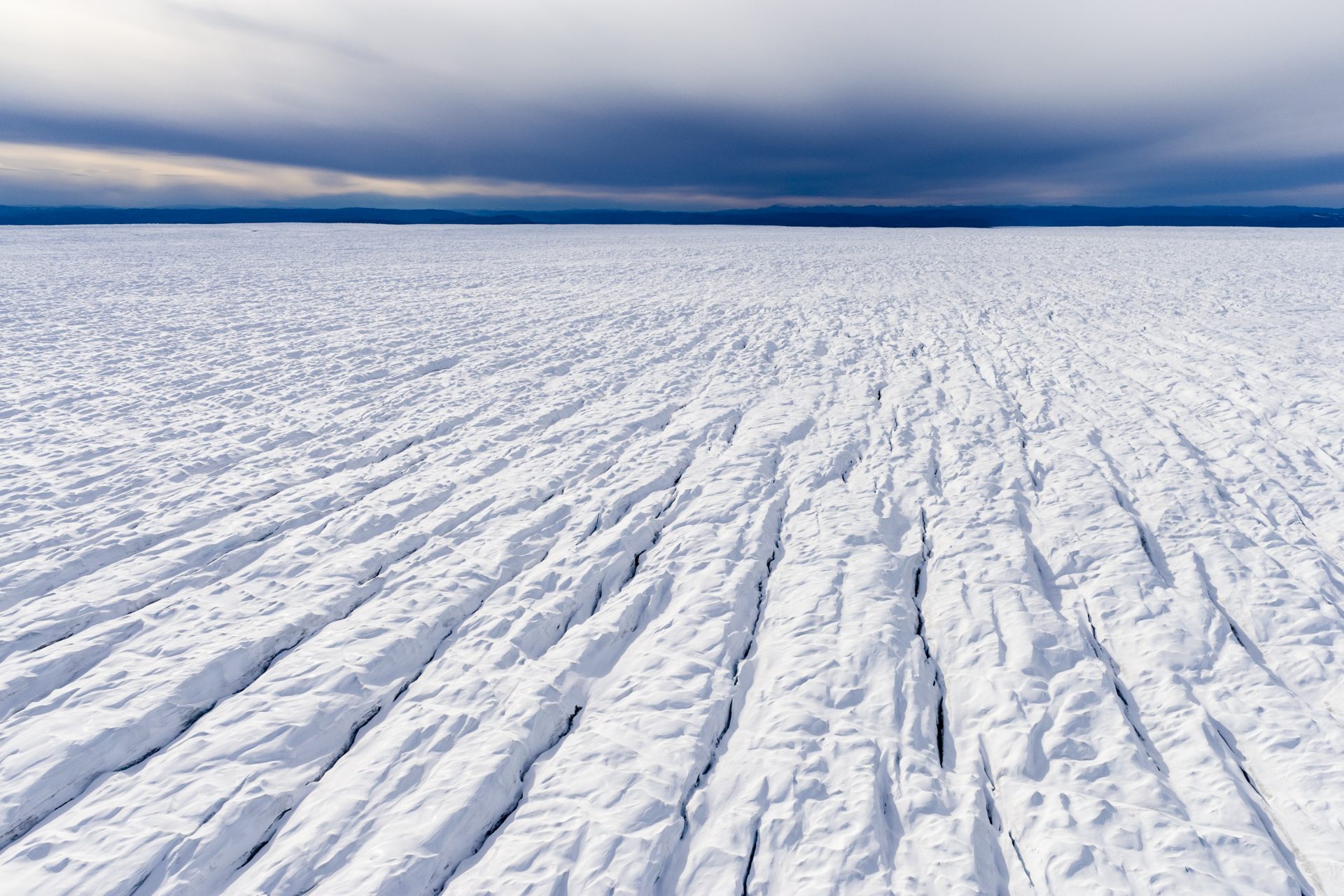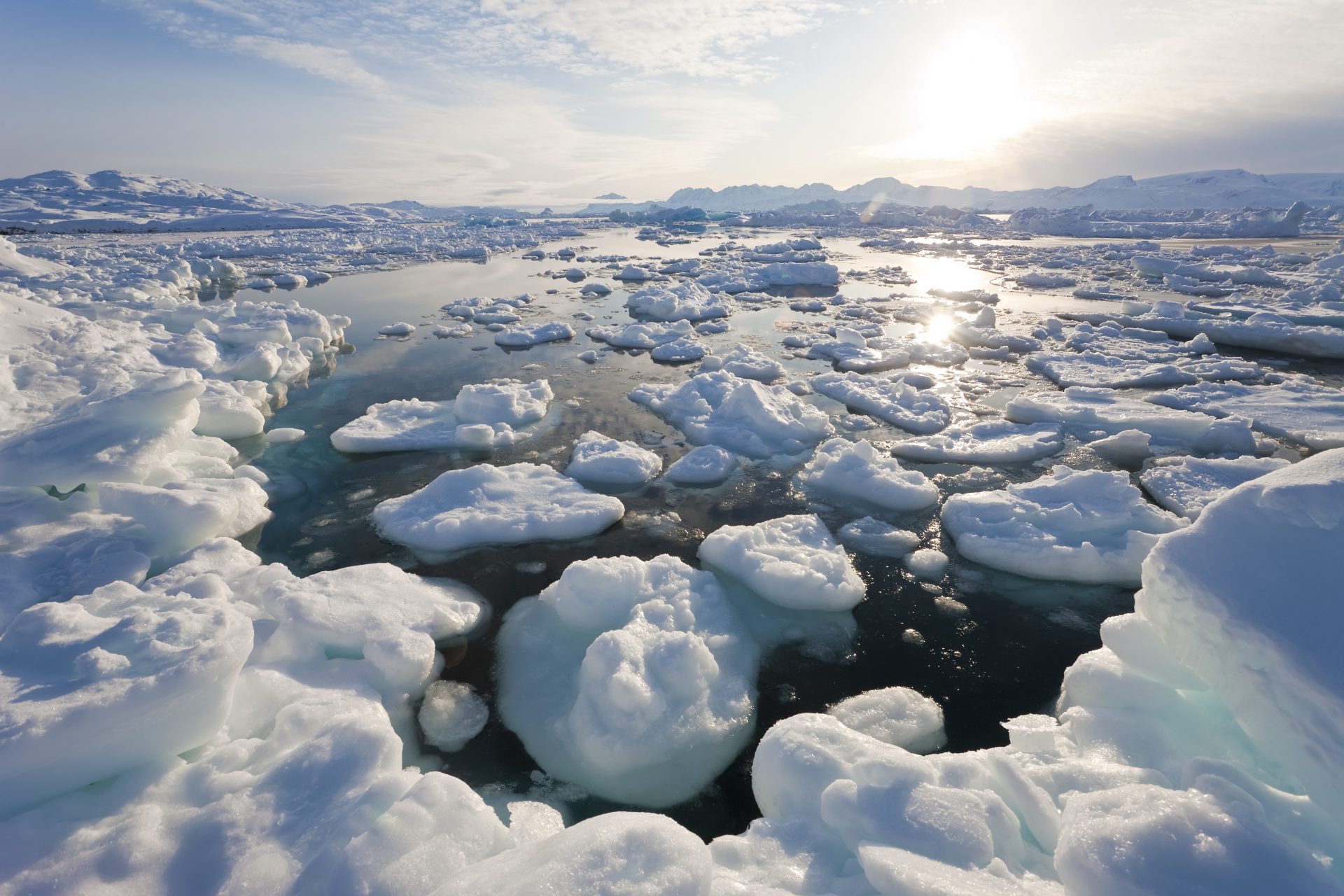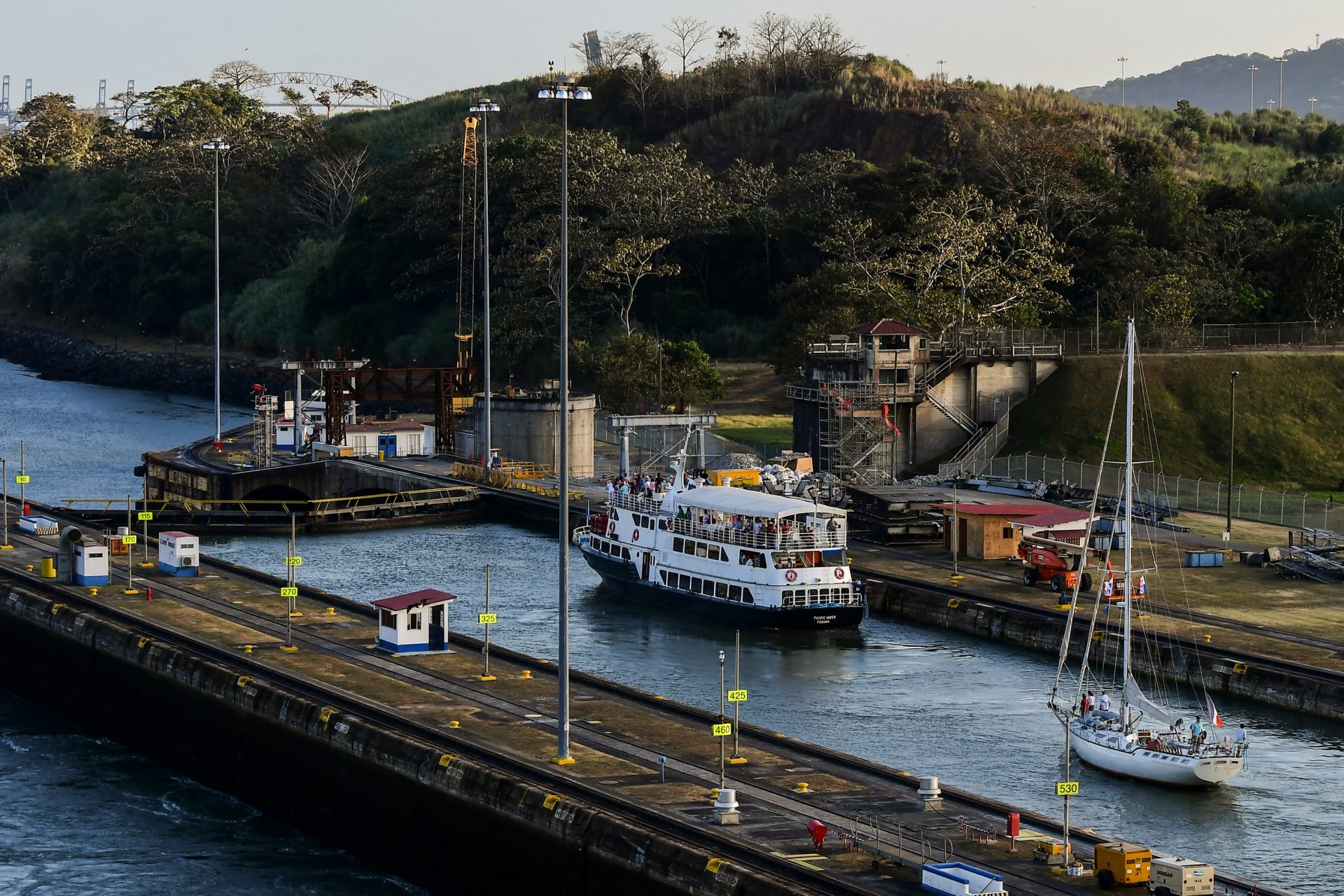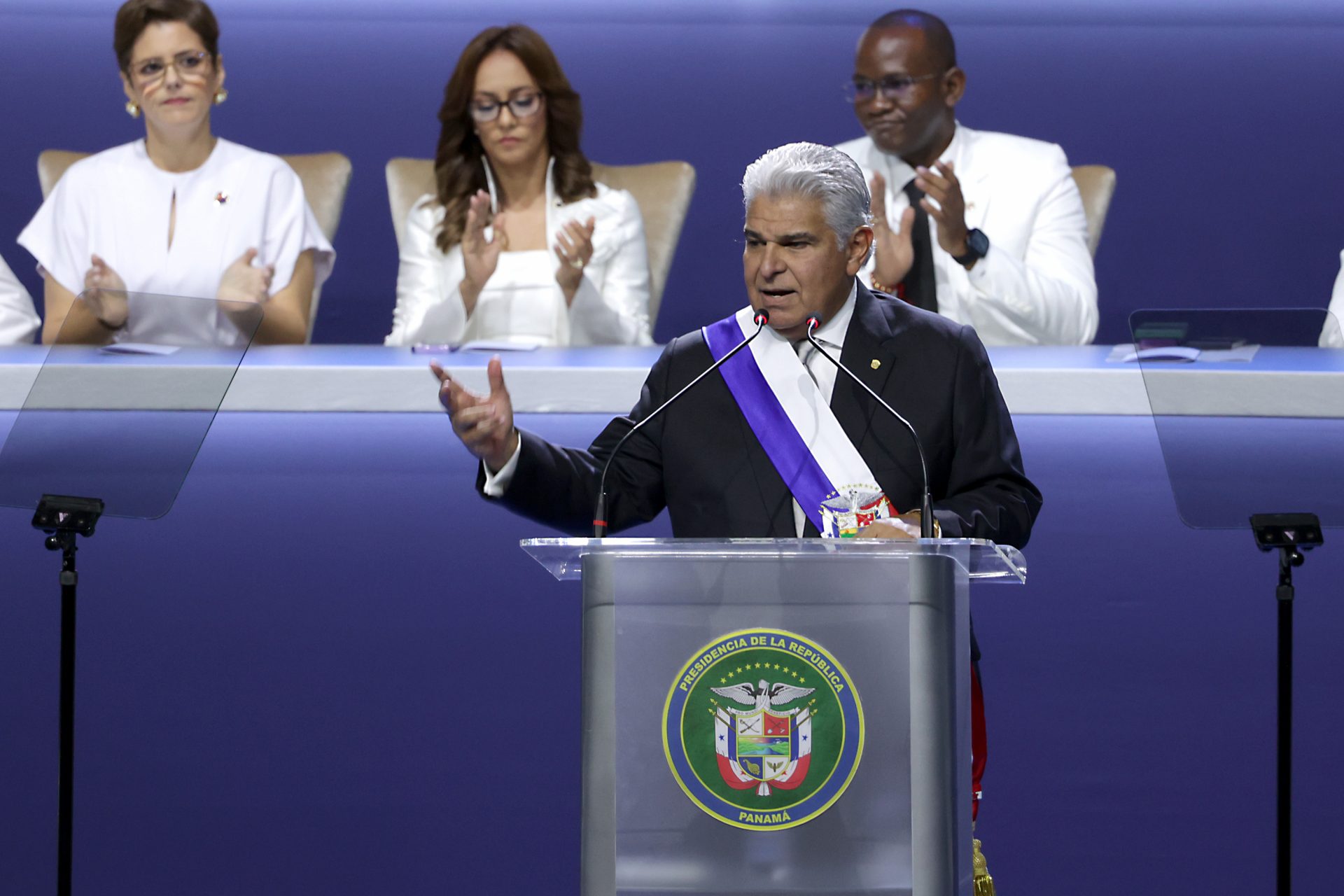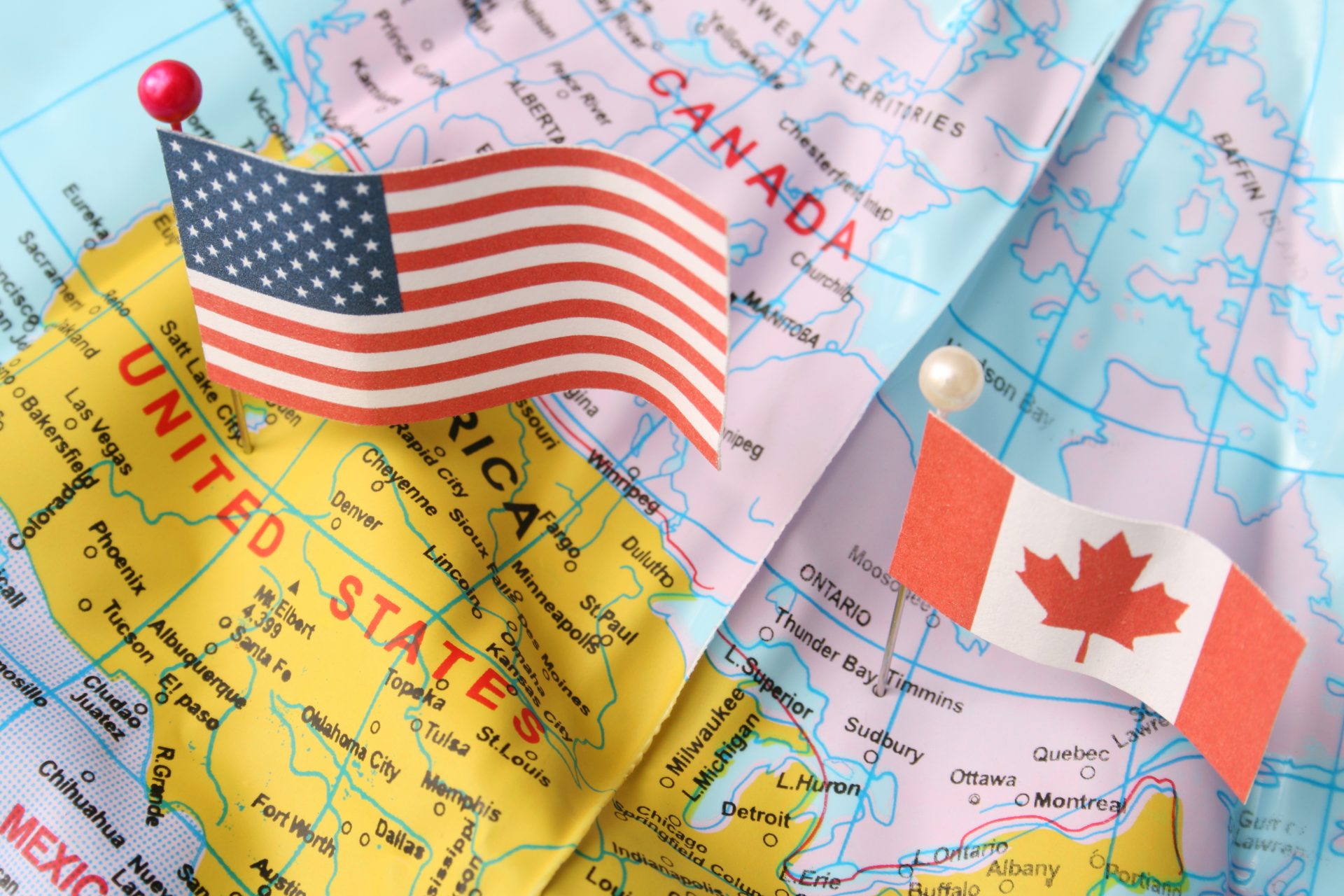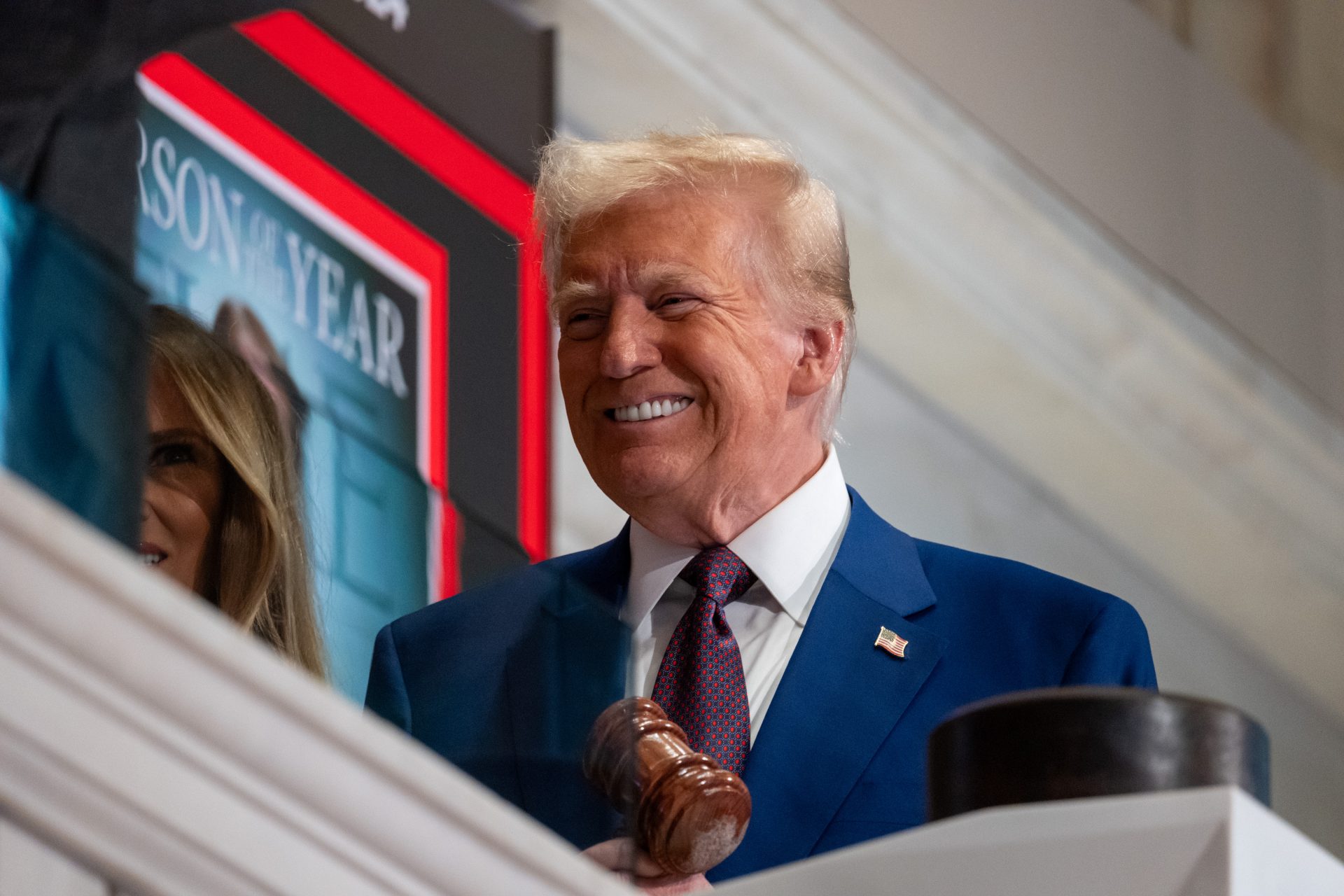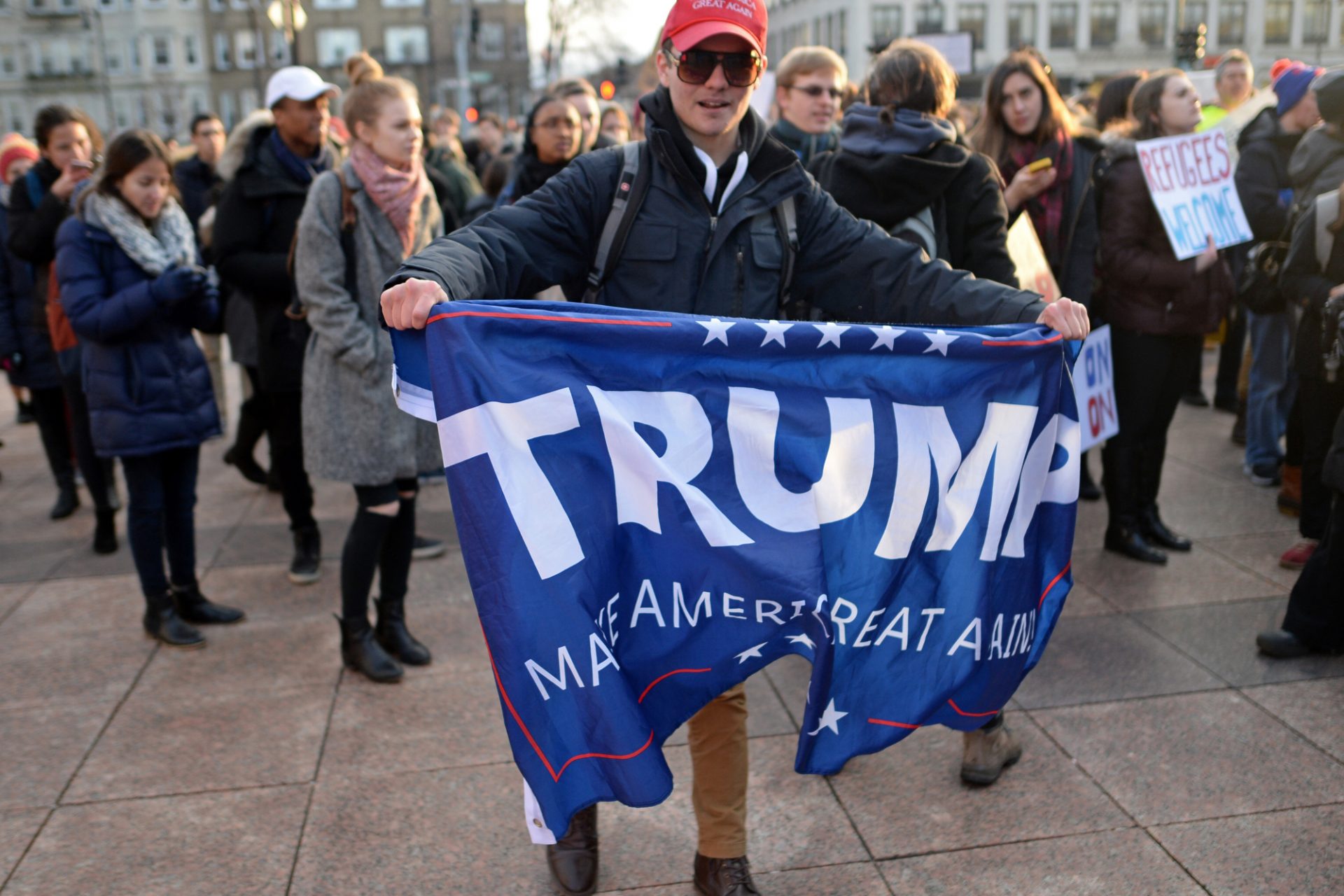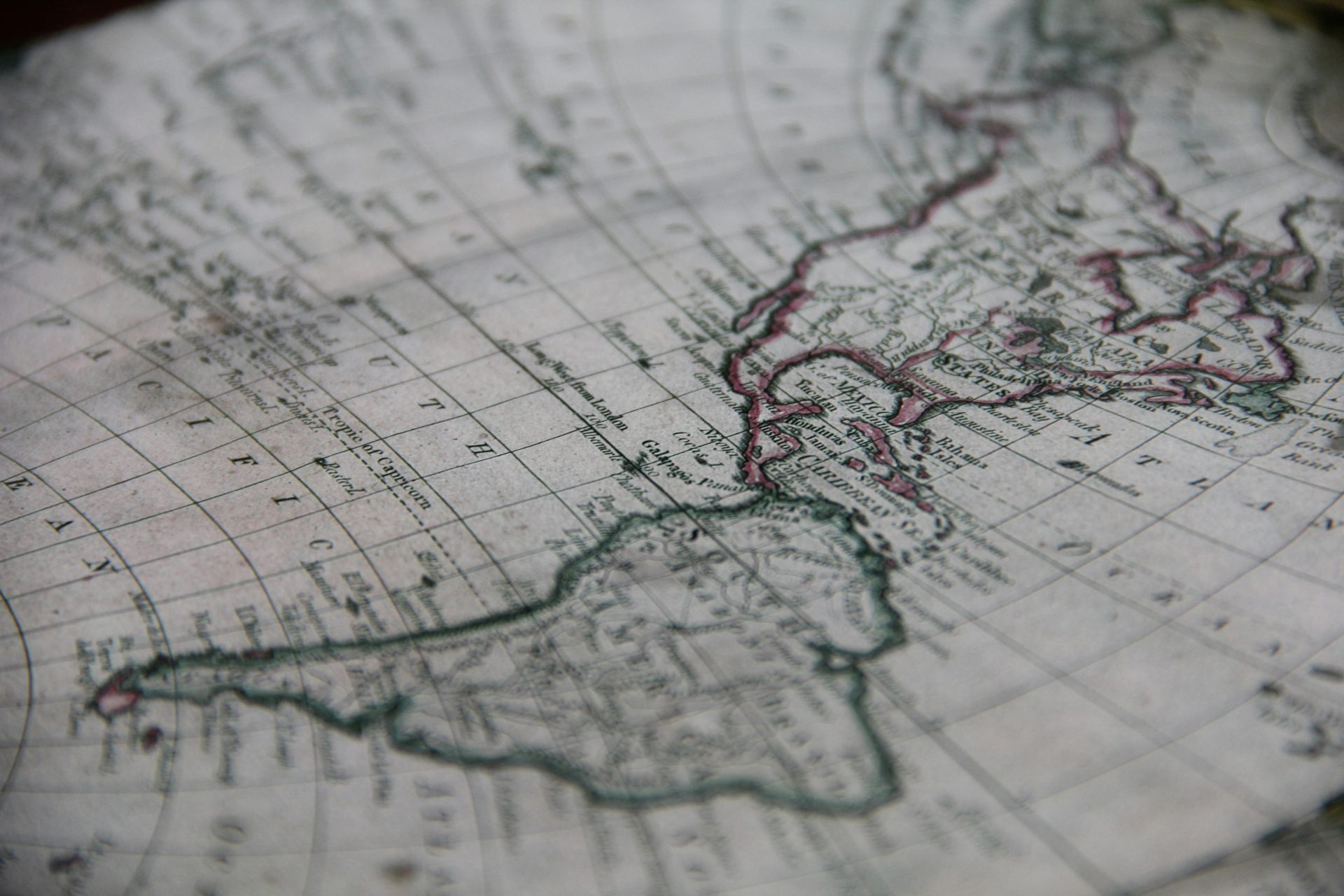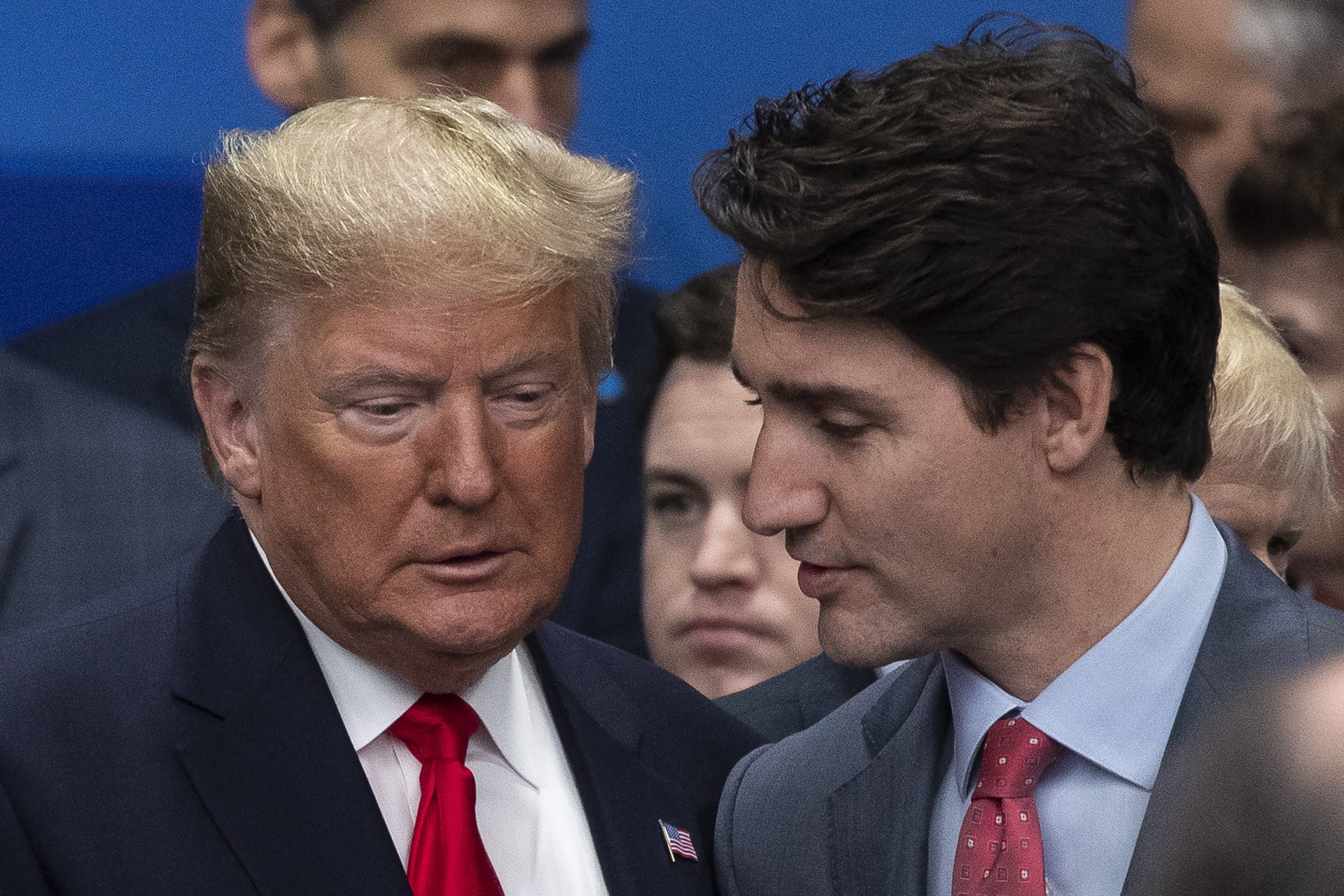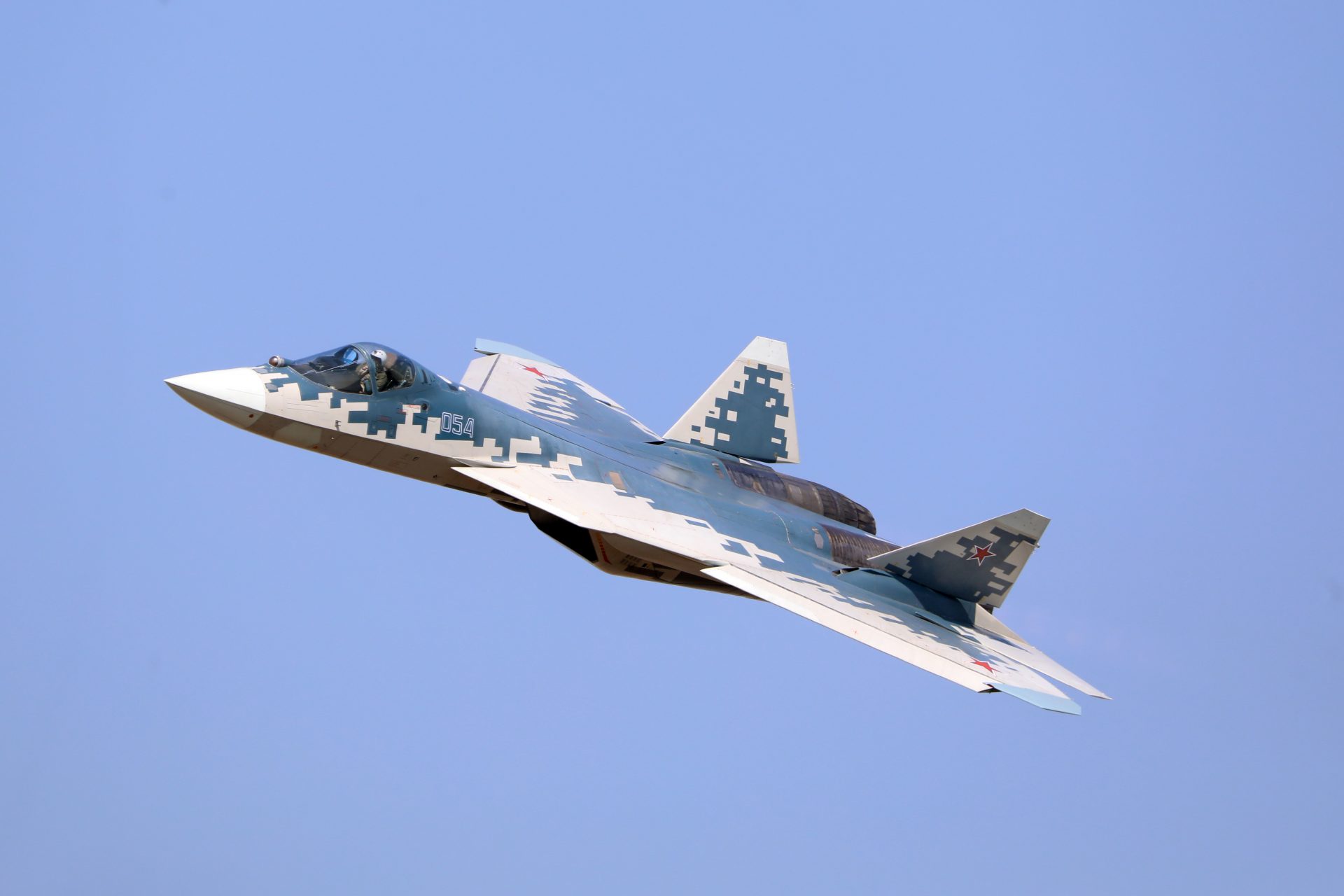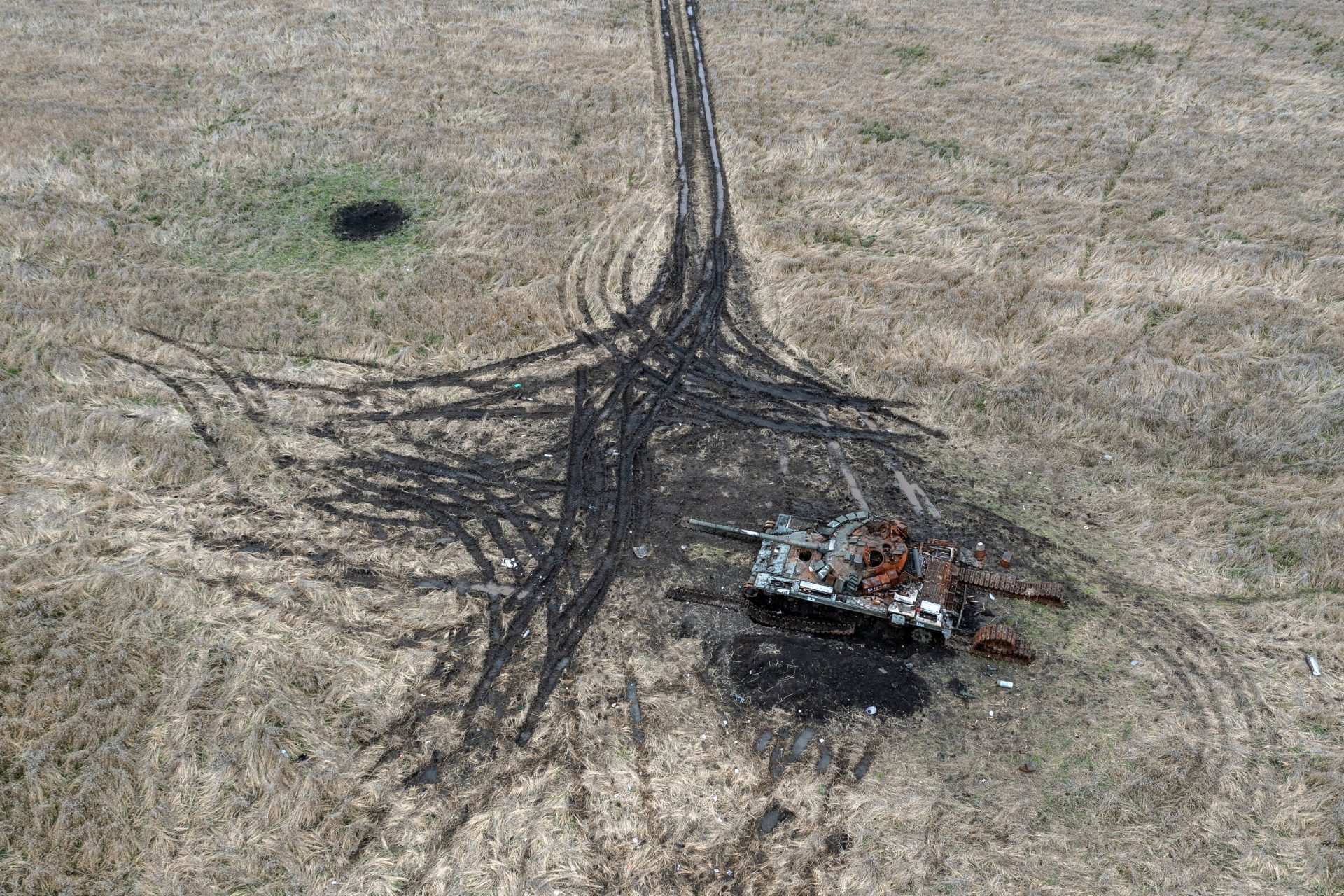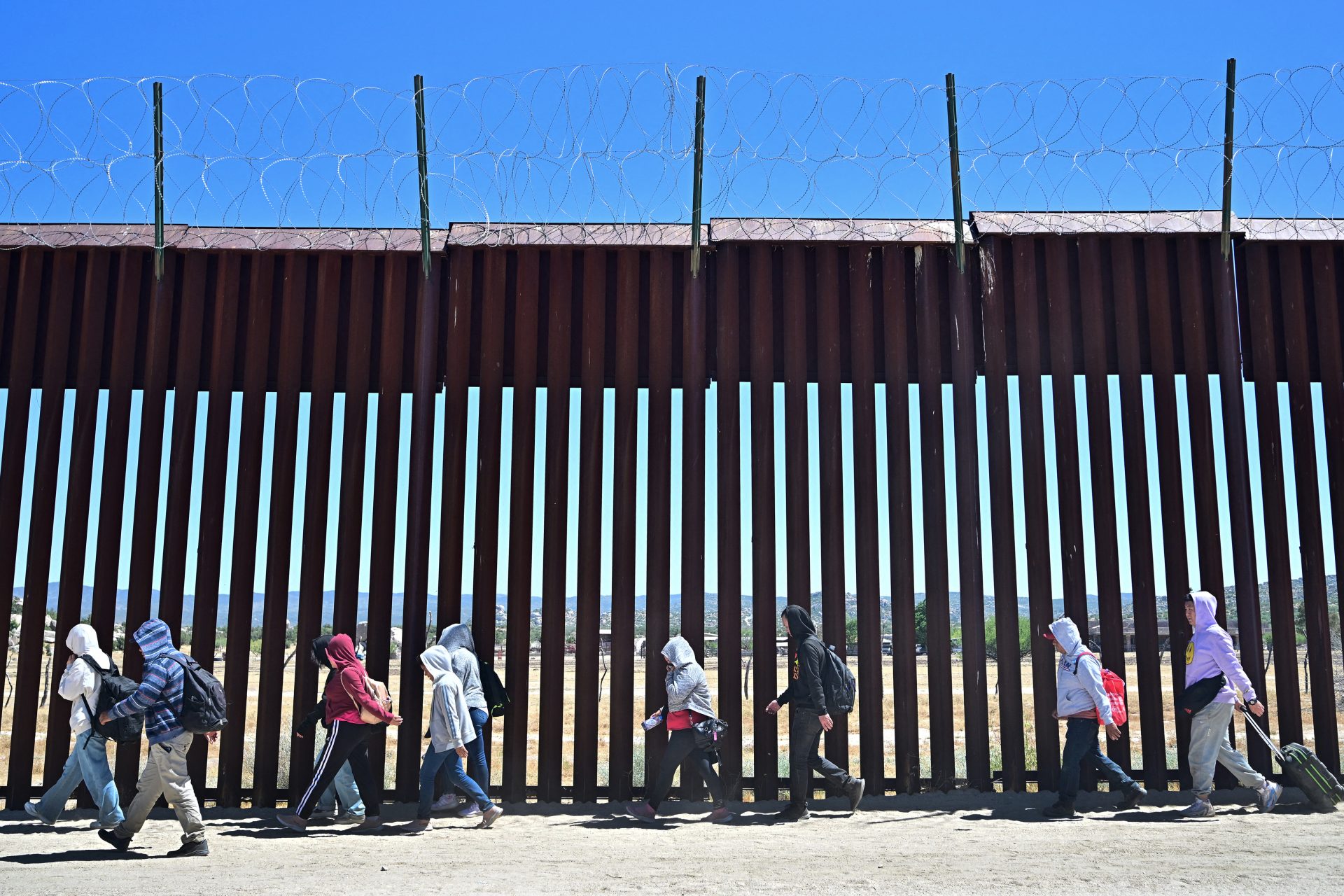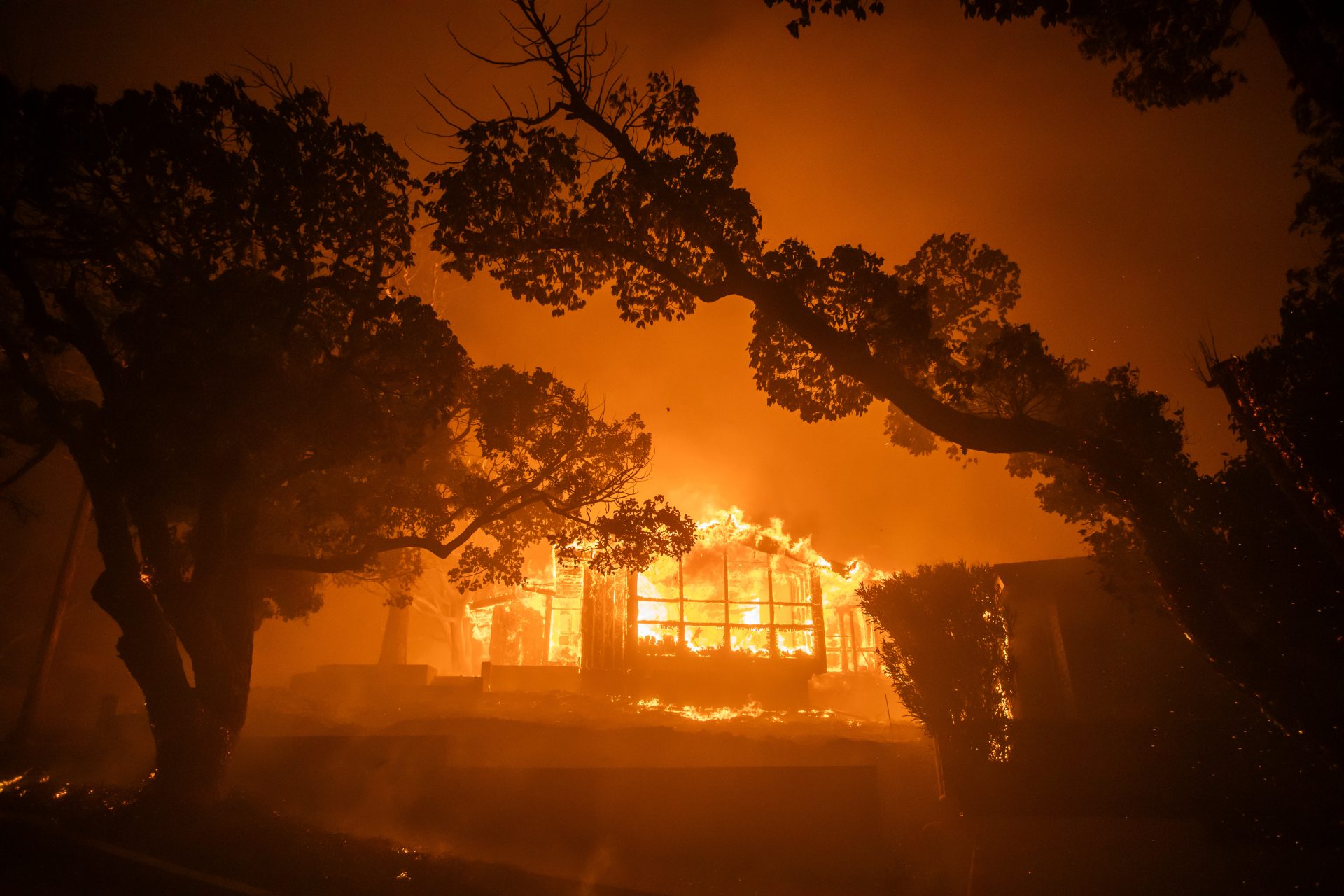‘America first’ and Trump’s wild expansionist dreams
Trump’s ‘America first’ vision is raising concerns around the world as his tone gets more aggressive. He has mentioned the possibility of US military intervention in Mexico, Greenland and Panama, as well as the annexation of Canada.
Regarding the southern neighbor, Trump frequently repeats the idea that, in the fight against drug trafficking, the United States would have the right to send its soldiers to act on Mexican territory. Some media have called it a "soft invasion" of Mexico.
The Los Angeles Times recalls that during the campaign, Trump said he would order the use of “special forces, cyber warfare and other covert and overt actions to inflict maximum damage on cartel leaders, infrastructure and operations.”
The LA Times believes that Trump's idea should be taken seriously, given that he has appointed Ronald D. Johnson, a former Green Beret with an imperialistic vision who participated in anti-leftist counterinsurgency work in the civil war in El Salvador during the 1980s, as ambassador to Mexico.
While Trump has called the Mexican president a "charming woman," according to EL PAÍS, he has also threatened her with controversial tariffs that would represent a commercial attack on her mandate.
But Trump's imperial dreams do not stop in Mexico. They spread across the American continent and even beyond.
Trump said on social media, as reported by The New York Times: "For purposes of national security and freedom throughout the world, the United States of America considers ownership and control of Greenland to be an absolute necessity."
At first Trump did not propose an invasion but rather buying the territory for a “good price”, as it did with Alaska in 1867. However, when asked in a press conference if he ruled out using military force to take over the territory, he said he couldn’t commit to that, according to Politico.
Múte B. Egede, Prime Minister of Greenland said: "We are not for sale and we never will be." Greenland is officially a territory belonging to Denmark but has an autonomous regional government and its own institutions.
Another idea Trump recently openly expressed was the possibility of the United States regaining ownership of the Panama Canal.
On Saturday, December 21, during a speech at a conservative forum, he said that the tariffs charged at the Panama Canal "are ridiculous" and that perhaps this infrastructure is "in the wrong hands," pointing to Chinese influence.
Panamanian President José Raúl Mulino (pictured) responded immediately: "Every square metre of the Panama Canal and its adjacent areas are part of Panama, and will continue to be part of Panama (...) The sovereignty and independence of our country are not negotiable."
And then there's Trump's recurring joke about Canada, which he says would make a great 51st state of the United States. Canadian President Justin Trudeau doesn't think it’s funny, though and said via an X post that there’s not “a chance in he**” that’s going to happen.
Moreover, in the recent press conference held at Mar-a-Lago, Trump said he would like to acquire Canada through “economic force”, complaining that the US spends a lot on its norther neighbor’s security, according to the BBC.
Some analysts don’t take Trump's striking statements seriously. But there are those who believe, however, that we are facing an imperialist vision that will have consequences.
The New York Times, referring to the ambitions for Greenland and the Panama Canal, ran the headline: "This Time It's No Joke."
The New York Times says that Trump's 'America First' slogan has an expansionist dimension and that all these statements may anticipate a presidency in which the United States wants to intervene outside its borders.
During the 20th century, Latin America was often disparagingly referred to as "America's backyard." A vast territory with limited sovereignty. Could this scenario be repeated?
Image: Leon Overweel / Unsplash
However, it’s not as easy for Trump to intervene in Latin America like Nixon or Reagan did. The current Latin American political reality has changed and powerful new leaders have emerged who no longer pay attention to what the US wants to dictate.
More for you
Top Stories



